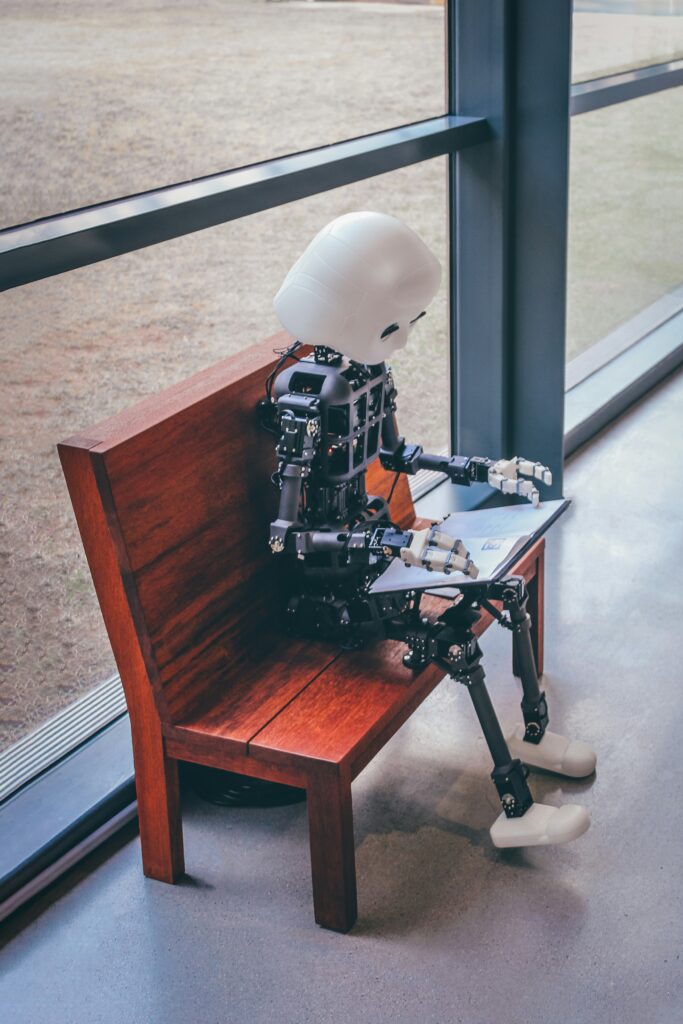The dawn of a new technological era is upon us, with artificial intelligence (AI) and machine learning (ML) at its core, driving an unprecedented wave of transformation across nearly every industry sector. What was once confined to the realms of science fiction is now actively reshaping how businesses operate, innovate, and compete. The focus is increasingly on intelligent automation – not merely automating tasks, but imbuing systems with the ability to learn, adapt, and make informed decisions, fundamentally altering industrial landscapes.
The Current Surge of AI in Enterprise Operations
In recent years, the acceleration of AI adoption has been nothing short of remarkable. Major advancements in computational power, vast datasets, and sophisticated algorithms have propelled AI from niche applications to mainstream enterprise solutions. Particularly, the emergence of generative AI models, exemplified by tools like OpenAI’s ChatGPT and various enterprise-grade large language models (LLMs), has captured the imagination and investment of corporations worldwide. These intelligent systems are no longer just crunching numbers; they’re writing code, crafting marketing copy, designing products, and even simulating complex scenarios.
According to a recent report by McKinsey & Company published in June 2023, generative AI alone could add the equivalent of $2.6 trillion to $4.4 trillion annually across various use cases. This underscores a broader trend: businesses are not just experimenting with AI; they are strategically integrating it to unlock new efficiencies and revenue streams. From predictive analytics optimizing supply chains to AI-powered robots enhancing manufacturing precision, the applications are vast and growing.
Data-Driven Insights and Industry Impact
Transforming Healthcare with Intelligent Systems
In healthcare, AI is a true game-changer. Intelligent systems are revolutionizing diagnostics, drug discovery, and personalized patient care. Machine learning algorithms can analyze vast medical imaging datasets – X-rays, MRIs, CT scans – with greater speed and accuracy than human eyes, identifying anomalies that might otherwise be missed. This leads to earlier disease detection and more effective treatment plans. Furthermore, AI is accelerating drug development by predicting molecular interactions and optimizing clinical trial designs, dramatically cutting down the time and cost associated with bringing new medicines to market. Companies like Google Health and IBM Watson Health are at the forefront of these innovations, deploying AI to support clinicians and researchers.
Revolutionizing Finance and Manufacturing
The financial sector has long embraced quantitative analysis, and AI takes this to a new level. Intelligent automation is crucial for fraud detection, where ML models can identify suspicious transaction patterns in real-time, preventing billions in losses annually. Algorithmic trading, personalized financial advice, and automated customer service (chatbots) are now standard offerings, driven by sophisticated AI. Similarly, manufacturing floors are being redefined by AI. Predictive maintenance, powered by machine learning, monitors machinery for early signs of failure, preventing costly downtime and extending equipment lifespan. AI-driven quality control systems can inspect products with unparalleled precision, ensuring consistency and reducing waste. This symbiotic relationship between AI and physical production epitomizes the concept of Industry 4.0.
For more insights on how AI is reshaping the modern workforce and creating new roles, you can read our article on Exploring AI’s Future Workforces.
Future Predictions and Expert Opinions
Looking ahead, experts predict an even deeper integration of intelligent systems into the fabric of daily life and business. The trend of “democratized AI” suggests that advanced AI tools will become more accessible to small and medium-sized enterprises (SMEs), not just tech giants, leveling the playing field for innovation. However, this transformative power also brings crucial discussions regarding ethics, bias, and explainability. Developing robust regulatory frameworks and ensuring AI systems are transparent and fair will be paramount to their sustained positive impact.
As Satya Nadella, CEO of Microsoft, aptly put it, “AI is the most important technology of our time.” This sentiment is echoed across the tech community, with a shared vision of AI not as a replacement for human intellect, but as a powerful augmentation tool. The future of intelligent automation will likely involve more collaborative AI, where human experts work hand-in-hand with AI systems, leveraging their respective strengths to achieve superior outcomes. Investment in upskilling and reskilling workforces will also be critical to navigate this evolving landscape successfully.
The continued research into areas like reinforcement learning, federated learning, and explainable AI (XAI) promises even more sophisticated and trustworthy intelligent systems. These advancements will further enable AI to tackle increasingly complex challenges, from global climate modeling to personalized education.
Conclusion: The Inescapable Trajectory of Intelligent Automation
The journey of intelligent automation is just beginning, yet its trajectory is undeniable. We are witnessing a fundamental shift in how industries operate, driven by the relentless innovation in AI and machine learning. Businesses that embrace these intelligent systems will be better positioned to navigate the complexities of the future, delivering enhanced value to customers and stakeholders alike. The challenge lies not in whether to adopt AI, but how to do so strategically and ethically, ensuring its benefits are realized across all facets of society. This revolutionary technology is not just changing industries; it’s defining the next era of human ingenuity.
Source: McKinsey & Company: The economic potential of generative AI

